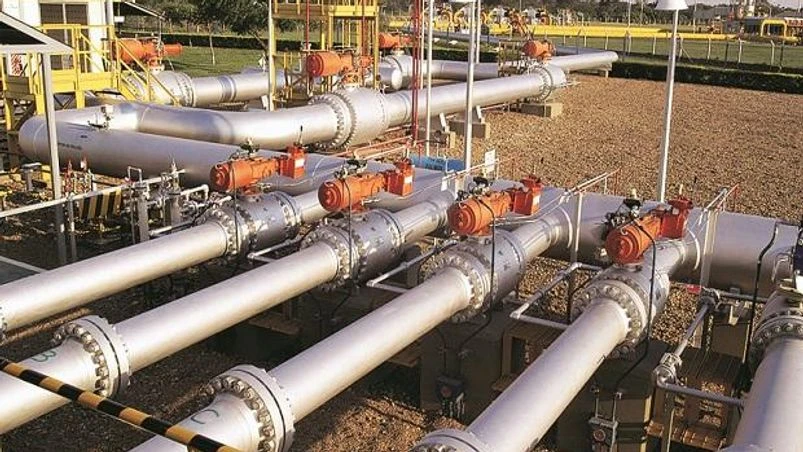 Domestic natural gas price up by over 60%: Impact and future outlook
Domestic natural gas price up by over 60%: Impact and future outlook
Debasish Mishra, a partner at Deloitte in India, explains the impact of the latest price revision, and the future outlook for gas, in this conversation with Twesh Mishra. Listen in
Twesh Mishra New Delhi
)
The price of domestically produced natural gas was raised by over 60 per cent last week to 2.90 dollars per million British thermal units (mBtu). This resulted in a rise in the prices of compressed natural gas (CNG) and piped natural gas (PNG), both of which became two to three rupees per kilogram costlier across the country. These developments came on the back of global cues, as these are benchmarked to the price of natural gas in prominent gas markets, called hubs.
The main beneficiaries of this price hike are public-sector undertakings Oil and Natural Gas Corporation (ONGC) and Oil India Ltd (OIL), which account for a large part of the gas produced under the administered price mechanism (APM). This approach is adopted to keep the prices of domestic natural gas under check and incentivise their adoption over other forms of fuel. It is expected that APM gas would soon run out and more domestic consumption requirements would have to be met through imported liquefied natural gas (LNG) or gas produced from deepwater, ultra-deepwater, and high pressure-high temperature discoveries, which are together called difficult discoveries and allowed a significantly higher price.
The price for production from difficult discoveries was also doubled to 6.13 dollars per mBtu, a move that will benefit Reliance Industries and ONGC, which are producing natural gas allowed to be sold at this higher price. While this does not impact CNG and PNG consumers, it does make gas more expensive for fertiliser companies, oil refineries, and the ceramic industry, among others.
We have with us Debasish Mishra, a partner at Deloitte in India, to tell us more about the impact of the latest price revision and the future outlook for gas.
More From This Section
Topics :natural gasNatural gas pricedomestic natural gas productionOil and Natural Gas CorporationONGC
Don't miss the most important news and views of the day. Get them on our Telegram channel
First Published: Oct 03 2021 | 12:37 PM IST
